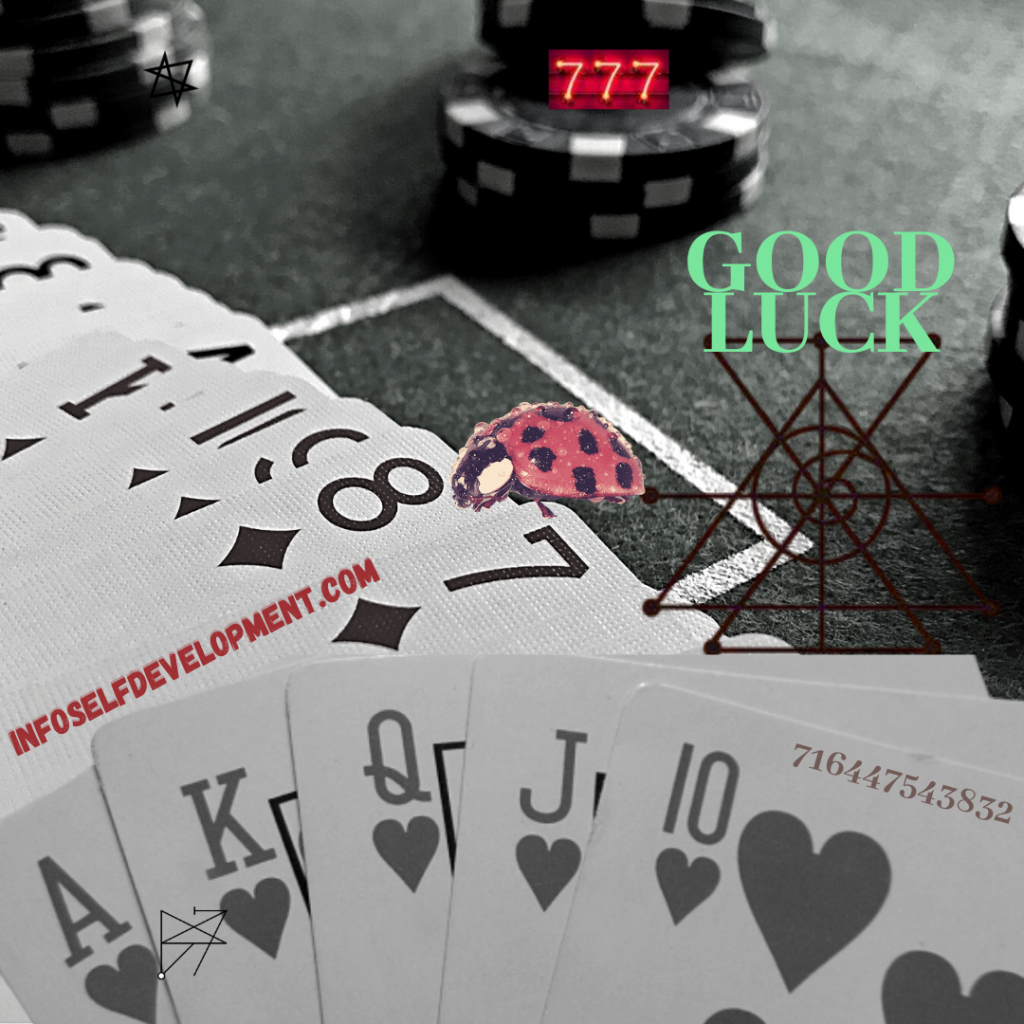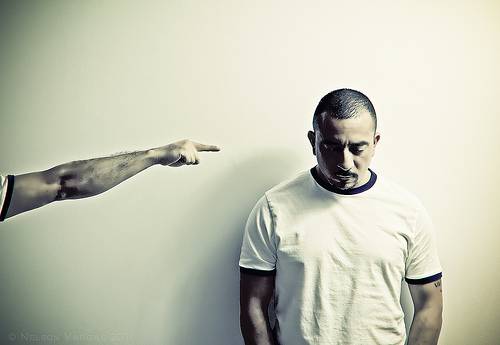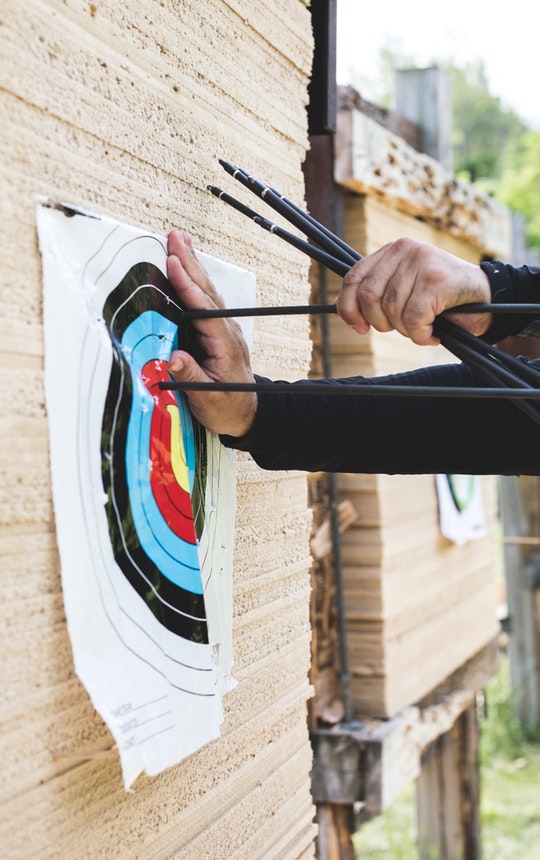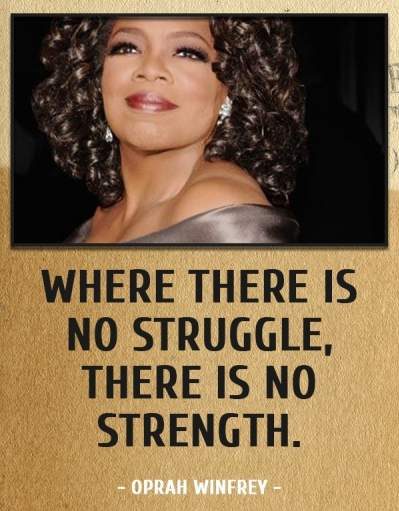Creating Your Own Luck Every Single Day!
There are so many ways that we have magic. We have so many emotions, we are living on a planet of all sorts of natural wonders, we can choose every moment, we have grids, spirals and rainbows of light working through us that we can shape and enhance and play with all day… we can focus our intention (which is a measured, scientific thing!) to create outcomes and we can love and we can be love and…
There are so many ways we are magic.
More luck can be just a small decision away…!
What it really is, though, is just… thoughts, words and actions at work in harmony.
Build up your stores of “good fortune” by building up your sense of alignment. Look for the things that are going right. Celebrate the good things that happen every day, every single smallest one. Take action every single day. Continue reading >> fengshuidana.com
Would you ditch your therapist for a “philosophical counselor”?
Instead of going to traditional psychotherapists for advice and support, growing numbers of people are turning to philosophical counselors for particularly wise guidance.
Instead of offering solutions based solely on their understanding of mental health or psychology, philosophical counselors offer solutions and guidance drawn from the writings of great thinkers.
Writer’s block, job loss, procrastination, and rejection are all appropriate subjects for philosophical guidance.
French existentialist Jean Paul Sartre, who believed that you are nothing more than your own actions. “If you don’t act, you don’t define yourself and you don’t become anything but a disappointed dream or expectation,”
“There’s more awareness among people that there’s a reason to think philosophically about problems, ethical problems especially,” Cohen says. Continue reading >> Quartz
Co-incidence and Synchronicity: is life a matter of luck or chance?

‘Co-incidence’ = things happening together at the same place and time.
‘Syn-chronicity’ = together at the same time.
We know how special these moments are, as if the universe has somehow tailored a situation just for us.
Then we open ourselves to the fact that everything is connected and it’s telling us something.
The only thing between us and a direct perception of the science of the universe is the chatter of beliefs in our heads that makes us dismiss and denigrate the magic and wonder behind synchronicity and coincidence.
And what if, when we see coincidences and synchronicity, we allow ourselves to expand our awareness, check that we are present with our bodies in the moment and open ourselves to what’s really going on in the space all around and through us? Continue reading >> Unimed Living
Trusting the experts takes more than belief
Trusting the science
Radical public health responses to the pandemic around the world have asked us to make unprecedented changes to our daily lives.
But have ministers in fact followed the science? There are reasons to be sceptical. One thing to consider is whether a reductive referral to “the science” hides a partial or selective perspective informing government decisions. There is of course no one “science” of the pandemic. Different disciplines contribute different kinds of relevant information, and within disciplines experts disagree.
And even in recent weeks, in which the government has stopped its daily press conferences and dialled down the rhetoric of their science-led policy, ministers still claim that they defer to expert advice, despite those same experts repeatedly distancing themselves from government decision making.
We are still being asked by the government to trust in recommendations provided by experts, even if the government is not being led by evidence in the way it would have us believe. The communications strategy may not be honest, but it has been consistent.
Believing what we are told
I presume we don’t want the public to put their faith in just any self-identified expert, regardless of their merits and the level of their expertise. We want the public to trust experts, but only where they have good reason to do so. One important question this raises is what makes trust in experts reasonable, when it is.
For one thing, my doctor’s knowledge regarding the relevant facts might not reliably indicate their ability to reason well about what to do in light of the facts. My doctor might know everything there is to know about the risks, but also be a dangerously impulsive person, or conversely an excessively cautious, risk-averse person.
And even if I think my doctor probably has good reason to think I should sign – I believe they are as wise as they are knowledgeable – their good reason to think I should sign is not thereby a good reason for me. The doctor may have, for instance, some sort of perverse administrative incentive that encourages them to increase the number of signed…
A good reason for an expert to believe something factual is thereby a good reason for me to believe it too. But a good reason for an expert to think I should do something is not necessarily a good reason for me to do it. And this is because what I value and what the expert values can diverge without either of us being in any way mistaken about the facts of our situation.
Something additional is needed for me to have well-placed trust in expert recommendations. When an expert tells me not just what to believe, but what I should do, I need assurance that the expert understands what is in my interest, and that they make recommendations on this basis.
Helpful Links
Philosophy as Therapy – Introduction
Everyone Can Create Their Own Luck
Cultivating trust
One helpful measure to show the public that a policy does align with their interest is what is something called expressive overdetermination: investing policy with multiple meanings such that it can be accepted from diverse political perspectives.
The point was to find a way of showing that the same policy can align with the interests of multiple conflicting political groups, rather than to ask groups to either set aside, alter, or compromise on their values.
A second helpful measure, which complements expressive overdetermination, is to recruit spokespersons that are identifiable to diverse groups as similar to them in political outlook. This is sometimes called identity vouching. The strategy is to convince citizens that the relevant scientific advice, and the policy that follows that advice, is likely not to be a threat to their interests because that same consensus is accepted by those with similar values. Continue reading >> HUMANITIES AND SOCIAL CHANGE INTERNATIONAL FOUNDATION
12 Good Luck Booster or Superstitions from Around The World
1- Go for a walk around the neighborhood with your empty suitcase
2- Eat circular fruit like apples, pears, and peaches (Philippines)
3- Be clear about your goals, show up and be proactive
4- Eat a dozen grapes and wear red underwear (Spain)
5- Sweep dirt away from the front door (China)
6- Place mistletoe leaves under your pillow (Ireland)
7- Bird droppings are a sign of great things to come (Russia)
8- Practice Gratitude
9- Eat beans on New Year’s Eve (Argentina)
10- Say the word ‘RABBIT’ right after you wake up on the first day of the month (United Kingdom)
11- Relax
12- Believe that you’re Lucky













